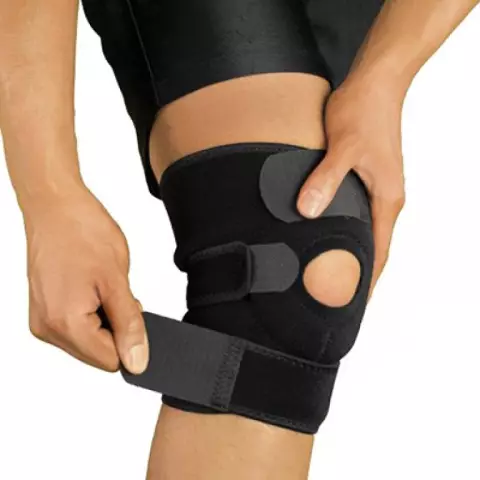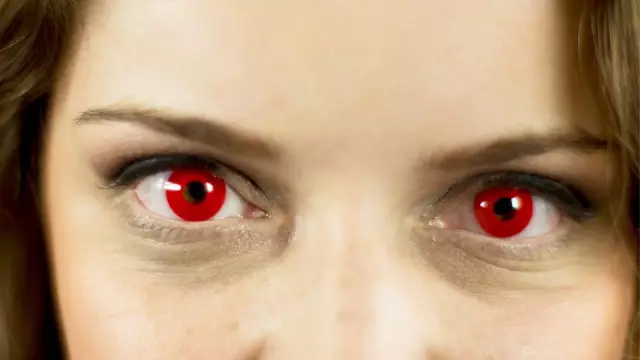- Author Rachel Wainwright wainwright@abchealthonline.com.
- Public 2023-12-15 07:39.
- Last modified 2025-11-02 20:14.
How to choose contact lenses

More and more people prefer contact lenses to glasses. They cost no more than glasses, but they look much better, if only because in most cases they do not look at all at all - that is, they are invisible in wearing. Since even glasses that do not come into contact with the cornea must be selected by a doctor, the more this rule applies to contact lenses. However, there are general rules that it would be good to know before contacting an ophthalmologist about this. So how to choose contact lenses and what should you look for when choosing?
Contact lenses differ in the duration of use: one-day, planned replacement lenses, traditional, prolonged wear. Doctors agree that daily lenses are the most appropriate for maintaining eye health. Long-term lenses are more economical, but they require thorough care, both daily and routine deep cleaning approximately once a month (depends on the material and is indicated for each type of contact lenses separately).
When thinking about how to choose contact lenses, you should take into account their rigidity. Usually rigid lenses are intended for people with eye diseases, and in addition to correcting vision, they also perform a healing function. Soft lenses are used specifically for vision correction, or they perform a decorative function - they change the color of the eyes. Rigid lenses are more hygienic, since due to the absence of pores it is more difficult for microorganisms to "populate" them, but soft lenses are more comfortable and more pleasant to wear. The stiffness of the lenses should be selected by the doctor after the diagnosis, in particular, after determining the degree of stiffness of the patient's own cornea.

You should also pay attention to the material of manufacture. Lenses can be gas permeable and gas tight. Both those and others have indications and contraindications. All other things being equal, gas permeable, of course, is better, since they allow oxygen to pass through, respectively, it is more physiological for the cornea. Again, gas permeable contact lenses are more hygienic as they provide less opportunity for microorganisms to multiply.
Considering the above, when asked how to choose contact lenses, you can give the following advice. Contact an ophthalmologist to undergo an examination and identify those parameters that must be observed without fail. Then, within the given framework, try several options for contact lenses, varying what you can change - hardness, manufacturer, material of manufacture, color, and through trial and error, find what is ideal for you.
Found a mistake in the text? Select it and press Ctrl + Enter.






